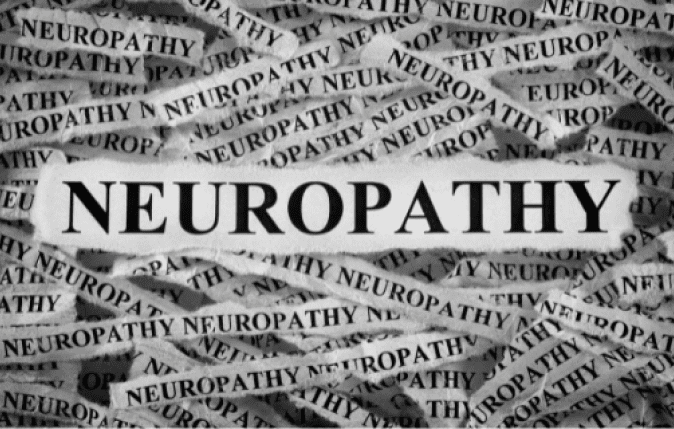As the world settles into darkness, another world awakens—the realm of the night shift. While many are nestled in their beds, a dedicated group of healthcare professionals stands vigilant, ready to confront any medical emergency that may arise during these silent hours. Among the challenges they face, trauma management takes precedence, demanding acute skills and specialized protocols to navigate the unique circumstances of late-night crises.
The Silence That Echoes Loud
The night shift presents an altered landscape for healthcare providers. The hushed corridors and dimly lit hallways cast a surreal aura. Yet, beneath this calm lies the potential for high-stakes situations, particularly concerning trauma cases. These scenarios demand not only medical expertise but also the ability to make split-second decisions when time is of the essence.
Unraveling the Challenges
The late hours usher in a set of challenges specific to trauma management. Reduced staff numbers, limited resources, and fatigue amplify the complexity of handling emergencies. Moreover, the nature of nighttime incidents often involves severe trauma, where critical injuries require immediate attention and precise interventions.
Specialized Protocols: Navigating the Nighttime Maze
- Triage Excellence: Efficient triage becomes paramount. Identifying the severity of injuries and prioritizing cases based on the available resources are crucial steps. Night shifts often emphasize a ‘less is more’ approach, focusing on stabilizing the patient swiftly.
- Team Dynamics & Communication: Clear communication and effective teamwork are non-negotiable. During late hours, staff members might be relatively new or work in smaller teams, necessitating concise yet comprehensive communication to ensure seamless coordination.
- Resource Optimization: Nighttime resources might be limited compared to daytime operations. As a result, the team must adapt to make the most of available tools, improvising when necessary while upholding patient safety standards.
- Cognitive Flexibility: Night shifts demand a unique mental agility. The ability to swiftly switch between tasks, adapt to unexpected situations, and maintain sharp focus despite the lateness of the hour are pivotal skills.
- Emotional Resilience: Trauma cases, especially during the night, can be emotionally taxing. Healthcare providers must not only manage the physical trauma but also provide emotional support to patients and their families.
The Technology Factor
Technology emerges as a crucial ally during the nocturnal battles against trauma. Advanced imaging, telemedicine, and data-sharing platforms play pivotal roles, bridging the gap between immediate care and specialized interventions that might not be physically present on-site during late hours.
A Testament to Dedication
The night shift healthcare professionals embody unwavering commitment. Their efforts in the wee hours of the night often go unnoticed, but their contributions are invaluable. Their resilience, adaptability, and ability to deliver quality care in challenging circumstances deserve boundless recognition.
The Silver Lining: Lessons Learned
The night shift experience, despite its challenges, fosters invaluable lessons. It cultivates resilience, sharpens decision-making abilities, and nurtures a unique bond among the team members. Moreover, it underscores the importance of adaptability and innovation in providing quality care under diverse circumstances.
Conclusion: A Bow to the Unsung Heroes
In the realm of healthcare, the night shift warriors stand as unsung heroes. Their dedication, resilience, and expertise in managing trauma during late hours form an integral part of the medical tapestry. As the world sleeps, they continue their vigilant watch, ensuring that timely and effective care is delivered to those who need it most. The night shift, particularly in trauma management, paints a unique canvas where challenges and triumphs interlace. It’s a testament to the unwavering commitment of healthcare providers who navigate the darkness to bring light and hope to those in need. IN this silent realm, they emerge as guardians, making a profound difference, one patient, one trauma case at a time. Their story, though often overlooked, epitomizes the spirit of dedication and unwavering service that defines the essence of healthcare. IN the grand narrative of healing, the night shift chapter stands as a testament to human resilience, compassion, and expertise, illuminating the path to better, round-the-clock healthcare for all.

















